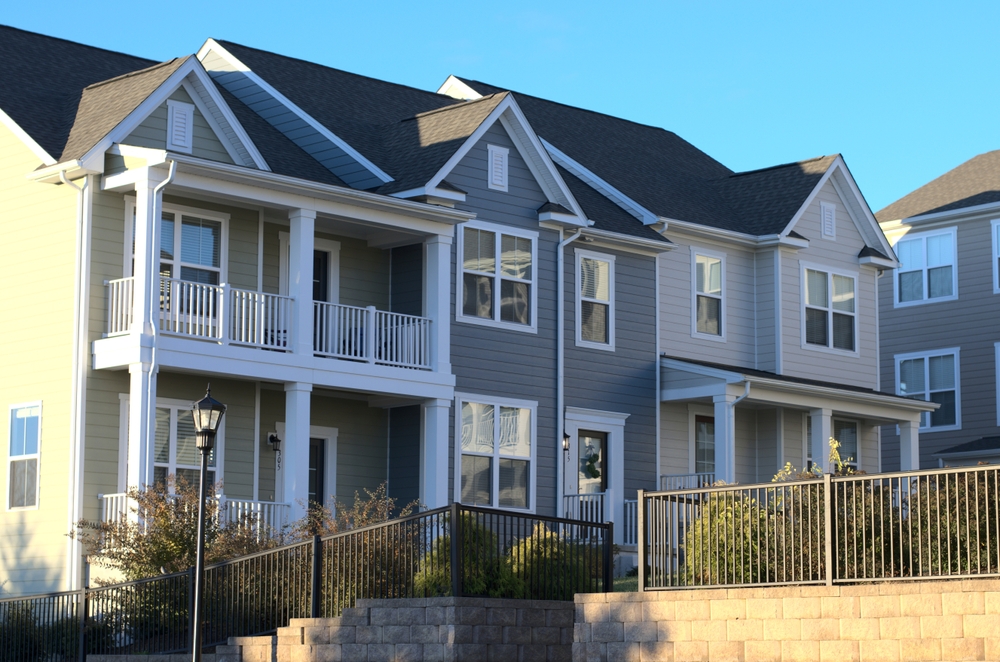The rise of platforms like Airbnb and VRBO has made short-term rentals increasingly popular. While this trend offers benefits to property owners, it presents unique challenges for homeowners associations (HOAs) and condominium associations. Enforcing short-term rental restrictions is crucial to maintaining community harmony, preserving property values, and ensuring a safe and enjoyable living environment.
Condominium Noise Complaints and Other Common Legal Challenges
Enforcing rental regulations, especially in condominiums where condominium noise complaints may arise, can be a complex endeavor. Let’s explore some of the common legal challenges HOAs and condominium associations face:
- Conflicts with State and Local Laws. Some states and cities have enacted laws that protect the rights of property owners to engage in short-term rentals. These laws can sometimes conflict with HOA or condominium association rules, leading to legal battles and ambiguities.
- Ambiguous CC&Rs. Covenants, Conditions, and Restrictions (CC&Rs) are the governing documents of HOAs and condominium associations. If the CC&Rs are vague or outdated regarding short-term rentals, it can be difficult to enforce restrictions effectively.
- Amending Existing Rules. Amending CC&Rs to include or strengthen short-term rental restrictions often requires a supermajority vote from homeowners or association members. Obtaining this level of agreement can be a time-consuming and challenging process.
- Legal Battles and Enforcement Costs. When disputes arise, HOAs and condominium associations may need to engage legal counsel and pursue legal action, which can be expensive and drain resources.
Implications of Non-Compliance with Short-Term Rental Regulations
Failure to effectively enforce short-term rental restrictions can have a detrimental impact on communities:
- Negative Impact on Community Safety and Security. Short-term renters may not be invested in the community’s well-being, potentially leading to an increase in noise, disturbances, and security concerns.
- Potential Decrease in Property Values. A high turnover of short-term renters can disrupt the sense of community and create instability, which may negatively affect property values.
- Increased Wear and Tear on Common Areas. Short-term rentals can lead to increased foot traffic and use of common facilities like pools, gyms, and elevators, accelerating wear and tear.
- Legal Repercussions for Associations. If HOAs or condominium associations fail to enforce their own rules, they may face legal challenges from residents who feel their rights are being violated.
Effective Enforcement Strategies for Rental Regulations
To overcome these legal challenges and effectively enforce short-term rental restrictions, HOAs and condominium associations can employ several strategies:
- Clear Communication! Ensure that all rules and regulations regarding short-term rentals are clearly communicated to all residents and property owners. This can be done through newsletters, community websites, and in-person meetings.
- Legal Avenues. When necessary, HOAs and condominium associations should not hesitate to pursue legal action to enforce their rules. Consult with experienced legal professionals who specialize in HOA and condominium law, such as those at Manning & Meyers, to explore your options.
- Collaboration with Local Authorities. Work with local government officials and law enforcement to ensure that short-term rental regulations are aligned with local ordinances and that violations are addressed promptly.
- Utilize Technology. Implement technology solutions such as surveillance cameras and noise monitoring systems to help identify and address violations of short-term rental rules.
Navigate Short-Term Rentals with Manning and Meyers
Enforcing short-term rental restrictions is a critical aspect of maintaining the integrity and harmony of HOA and condominium communities. While legal challenges may arise, proactive planning, clear communication, and collaboration with legal experts can empower associations to effectively address these issues.
Our team here at Manning and Meyers is dedicated to helping HOAs and condominium associations in the Dallas area, including Plano, Richardson, Frisco, and Allen, navigate the complexities of rental regulations. If your association is facing challenges with enforcing short-term rental restrictions, we encourage you to contact Manning and Meyers today for a consultation. Our legal expertise can provide the guidance and support your community needs to achieve legal compliance and foster a thriving environment for all residents.


